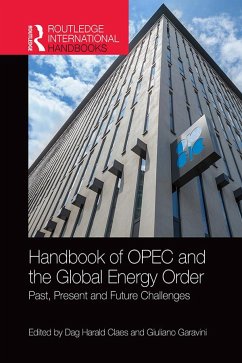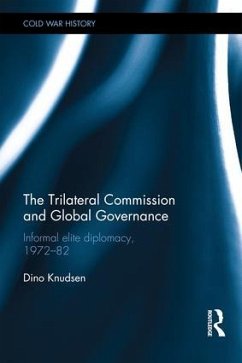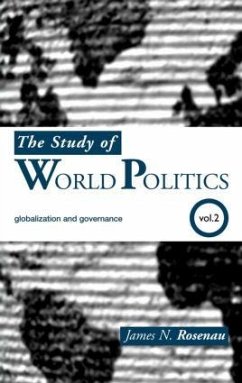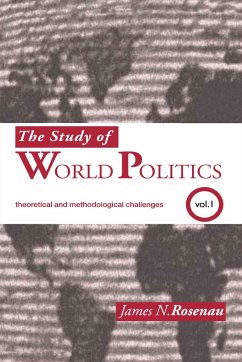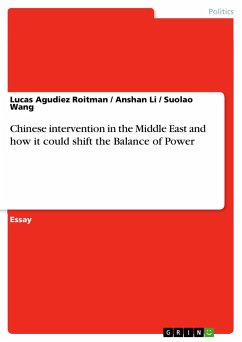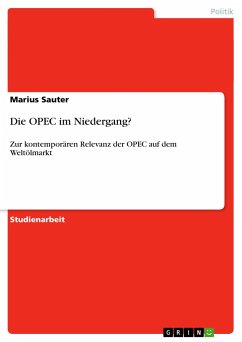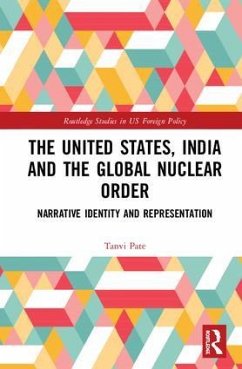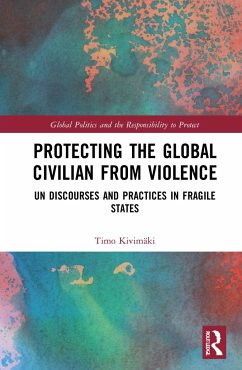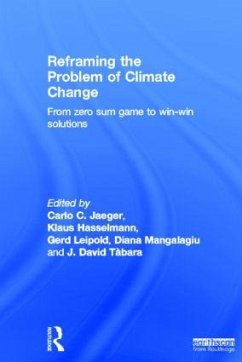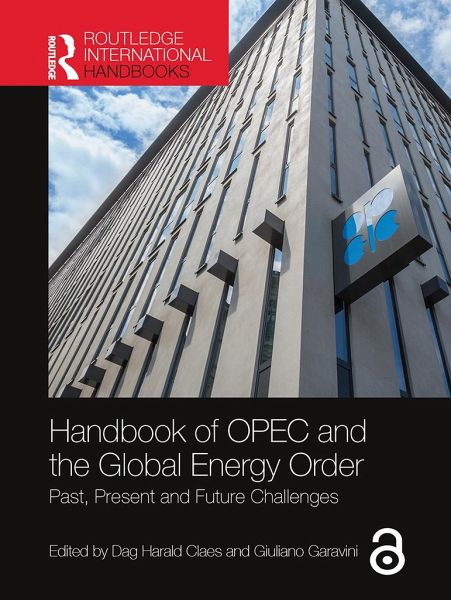
Handbook of OPEC and the Global Energy Order
Past, Present and Future Challenges
Herausgeber: Claes, Dag Harald; Garavini, Giuliano
Versandkostenfrei!
Versandfertig in 1-2 Wochen
53,99 €
inkl. MwSt.

PAYBACK Punkte
27 °P sammeln!
The Organization of the Petroleum Exporting Countries (OPEC), celebrating its 60th anniversary in 2020, is one of the most recognizable acronyms in international politics. The organization has undergone decades of changing importance, from political irrelevance to the spotlight of world attention and back; and from economic boom for its members to deep political and financial crisis. This handbook, with chapters provided by scholars and analysts from different backgrounds and specializations, discusses and analyzes the history and development of OPEC, its global importance, and the role it has...
The Organization of the Petroleum Exporting Countries (OPEC), celebrating its 60th anniversary in 2020, is one of the most recognizable acronyms in international politics. The organization has undergone decades of changing importance, from political irrelevance to the spotlight of world attention and back; and from economic boom for its members to deep political and financial crisis. This handbook, with chapters provided by scholars and analysts from different backgrounds and specializations, discusses and analyzes the history and development of OPEC, its global importance, and the role it has played, and still plays, in the global energy market. Part I focuses on the relationship between OPEC and its member states. Part II examines the relationship between OPEC and its customers, the consuming countries and their governments, while Part III addresses the relationship between OPEC and its competitors and potential partners, the non-OPEC producers, and the international oil companies. The final section, Part IV, looks at OPEC and the governance of international energy.





